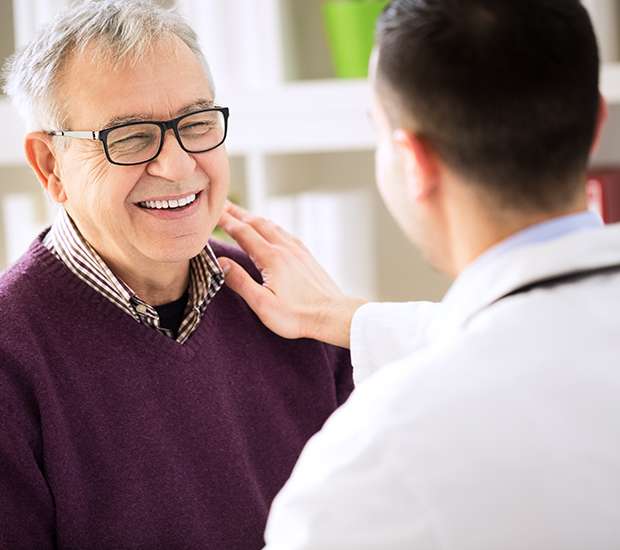Signs You Need an Immediate Drug Addiction Treatment in New York, NY
There are a few clear medical signs that receiving care is both vital and necessary for continued help. Some things an addict can watch for are constant fevers, pain at an injection site, becoming jaundiced, having tremors or seizures, having hallucinations, having a non-stop cough, feelings of complete depression and sadness, thoughts of suicide, rapid heartbeat, having difficulty breathing, weakness, or headaches. However, it can be difficult for addicts to know when they need medical care. This is why it is so important for friends and family to step in and intervene or even accompany them to their first appointment with a drug rehabilitation specialist.
What You Should Know About Drug Addiction Treatment Options
Inpatient treatment can be incredibly effective, especially when helping an addict break their addiction when they are somewhat hesitant to do so on their own but are required to through a court order or to prevent terrible health consequences. In this situation, addicts may be admitted into an inpatient facility without their choosing. However, addicts are often treated through inpatient services after having decided to take this step as part of their detoxification process. When checked into a New York inpatient facility, a patient will meet with a medical team that will assess them physically and conduct a mental health evaluation in order to create an overall treatment plan. Very often, this will include the use of medication in addition to therapy. Inpatient facilities provide 24-hour care and also have the medical resources to address any physical health complications arising from detoxification. One of the benefits of putting someone into inpatient care is if there is a risk of something like a seizure or stroke through detox, the staff can help prevent this and also provide constant monitoring, so if a patient does start to manifest negative physical symptoms, they can be rushed to the hospital as needed. Inpatient facilities are the most famous type of drug rehabilitation and what most people are familiar with. Through ongoing therapy, they also aim to teach addicts how to live a drug- and crime-free lifestyle going forward.
There are several types of New York inpatient treatment facilities, so the one that will work best for you, or whether an outpatient facility is right for you at all, will really depend on your particular needs and situation, along with any medical concerns. There are, for example, recovery housing that can provide short-term housing for patients. In licensed facilities, there is a medical staff available for support, while in other situations, drug rehabilitation houses are literally communities of addicts looking to recover, and by being together, they may be able to receive the support necessary to do so. A warning about these types of situations is that just as addicts can provide support to each other, they can also bring each other down. If one person relapses, other addicts in the house may also relapse in a domino effect without a medical professional there to ensure that this does not happen. In this way, these types of situations can be dangerous.
A better option for short-term inpatient treatment is to be checked into a licensed facility that provides detoxification support along with counseling, therapy, and providing patients with treatment tools, so they can re-engage with society after their detoxification is complete. Even though the process is shorter, patients end up leaving with additional tools and resources that can help make them more successful on their journey to recovery.
More intensive inpatient therapy comes from therapeutic communities where programs can last for anywhere from six to 12 months. Very often, addicts end up in these facilities due to a court order or out of physical needs in addition to their drug addiction. In these facilities, everyone works together as a comprehensive support structure to change the attitude, behaviors, and perspectives of addicts seeking care. This is in addition to medical and therapeutic support that an addict receives.


